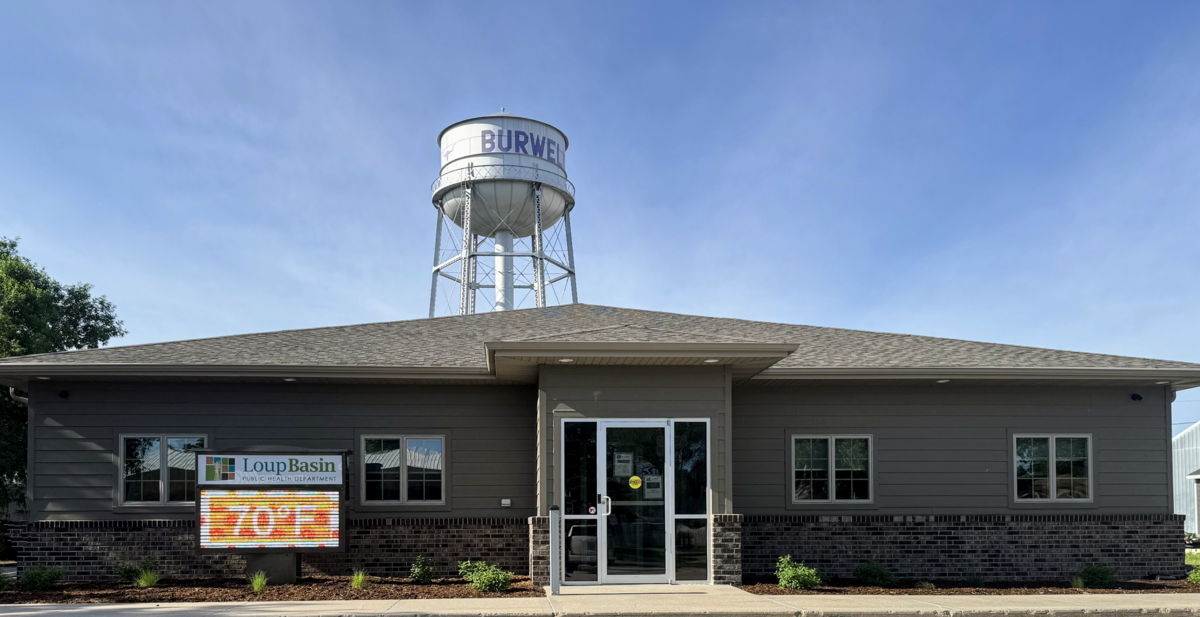Respiratory Diseases
.png)
COVID-19
| Nebraska Respiratory Illness Dashboard | Steps to Take After Testing Positive or Exposure |
| Treatment | Vaccine Information |
| Guidance Documents |
Influenza
"Influenza (flu) is a contagious respiratory illness caused by influenza viruses. It can cause mild to severe illness, including hospitalization and death. Serious flu infections can result in hospitalization or death.
Some people, such as older people, young children, and people with certain health conditions, are at high risk for serious flu complications. The best way to prevent the flu is by getting vaccinated each year."
What is influenza?Flu, also known as influenza, is a contagious disease that is caused by the influenza virus. The influenza virus enters through the respiratory tract in humans (nose, throat, and lungs). The flu is different from a cold. Flu usually comes on suddenly and may include these symptoms: Fever Headache Tiredness (can be extreme) Dry cough Sore throat Nasal congestion Body aches |
Flu Prevention and Vaccine Information |
RSV (Respiratory Syncytial Virus)
A common respiratory virus that usually causes mild, cold-like symptoms. Most people recover in a week or two, but RSV can be serious. Infants and older adults are more likely to develop severe RSV and need hospitalization. If you are age 60 or older, a vaccine is available to protect you from severe RSV. Talk to your healthcare provider to see if it’s right for you. If you are pregnant, you can get an RSV vaccine between 32–36 weeks of pregnancy to protect your infant after birth, or a preventive antibody can be given to your baby after birth.
| Symptoms and Care | Prevention | Transmission |

